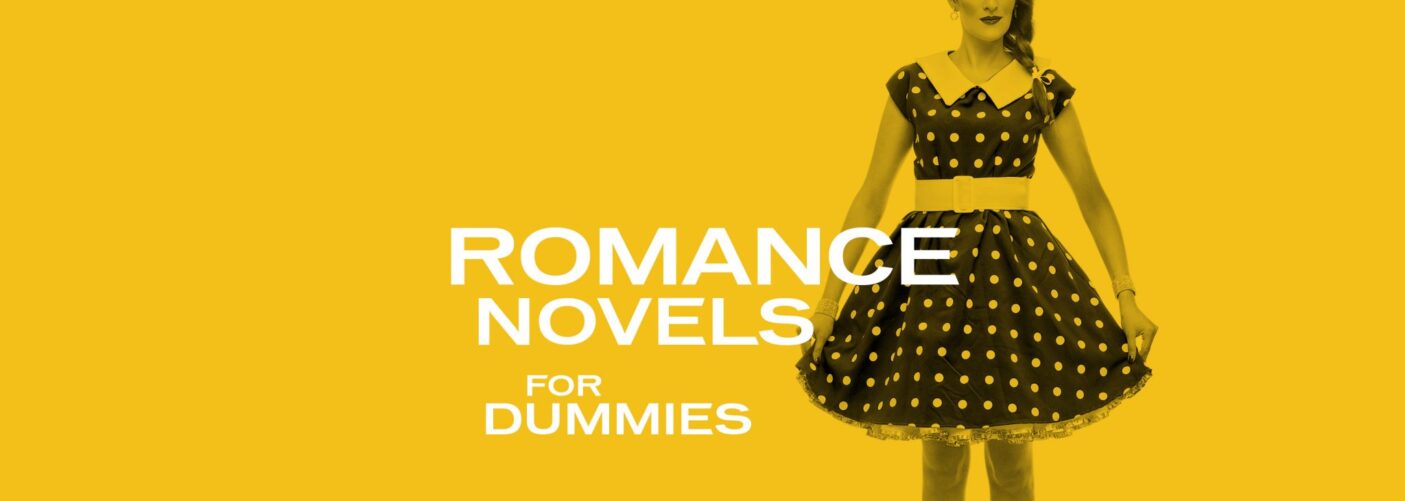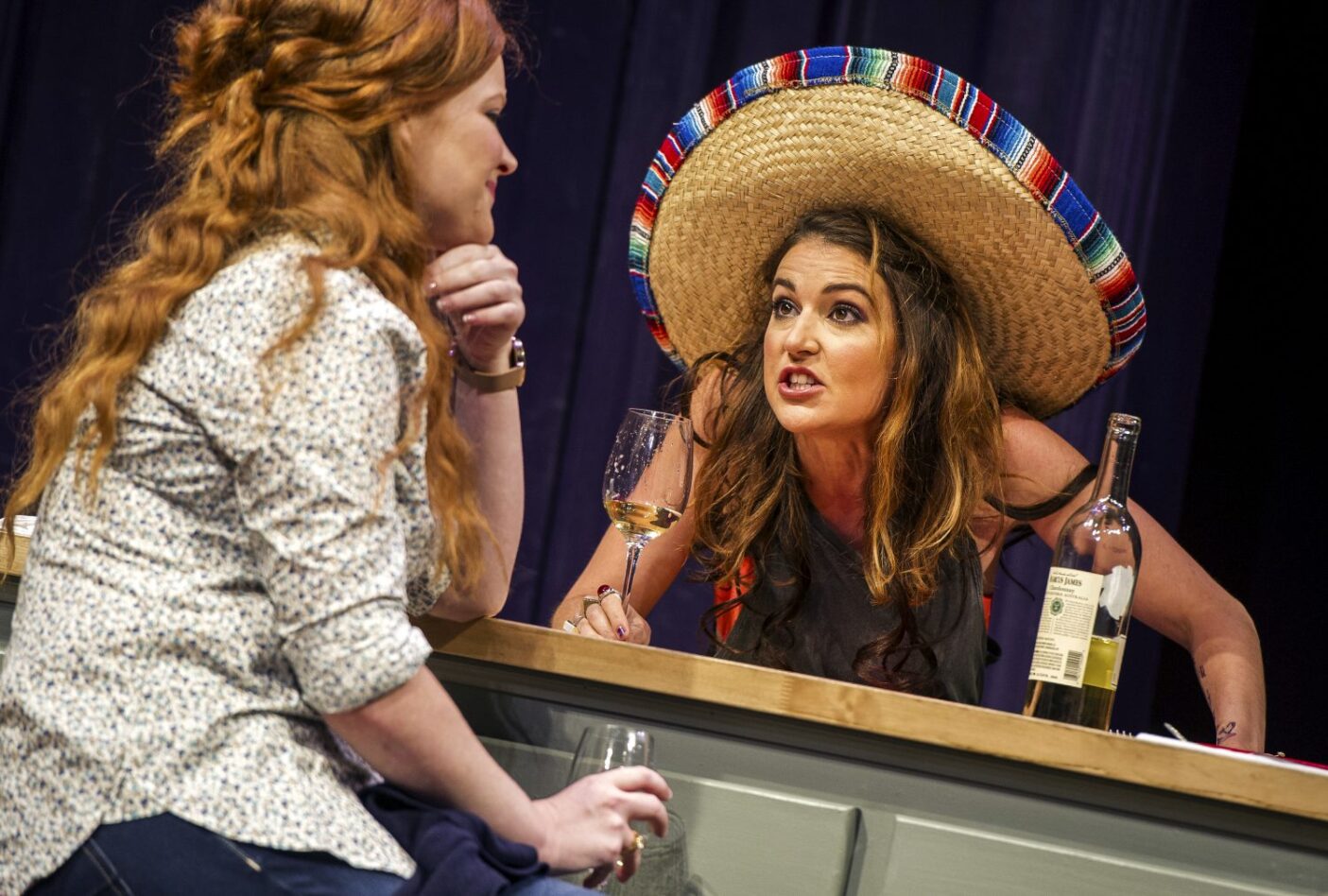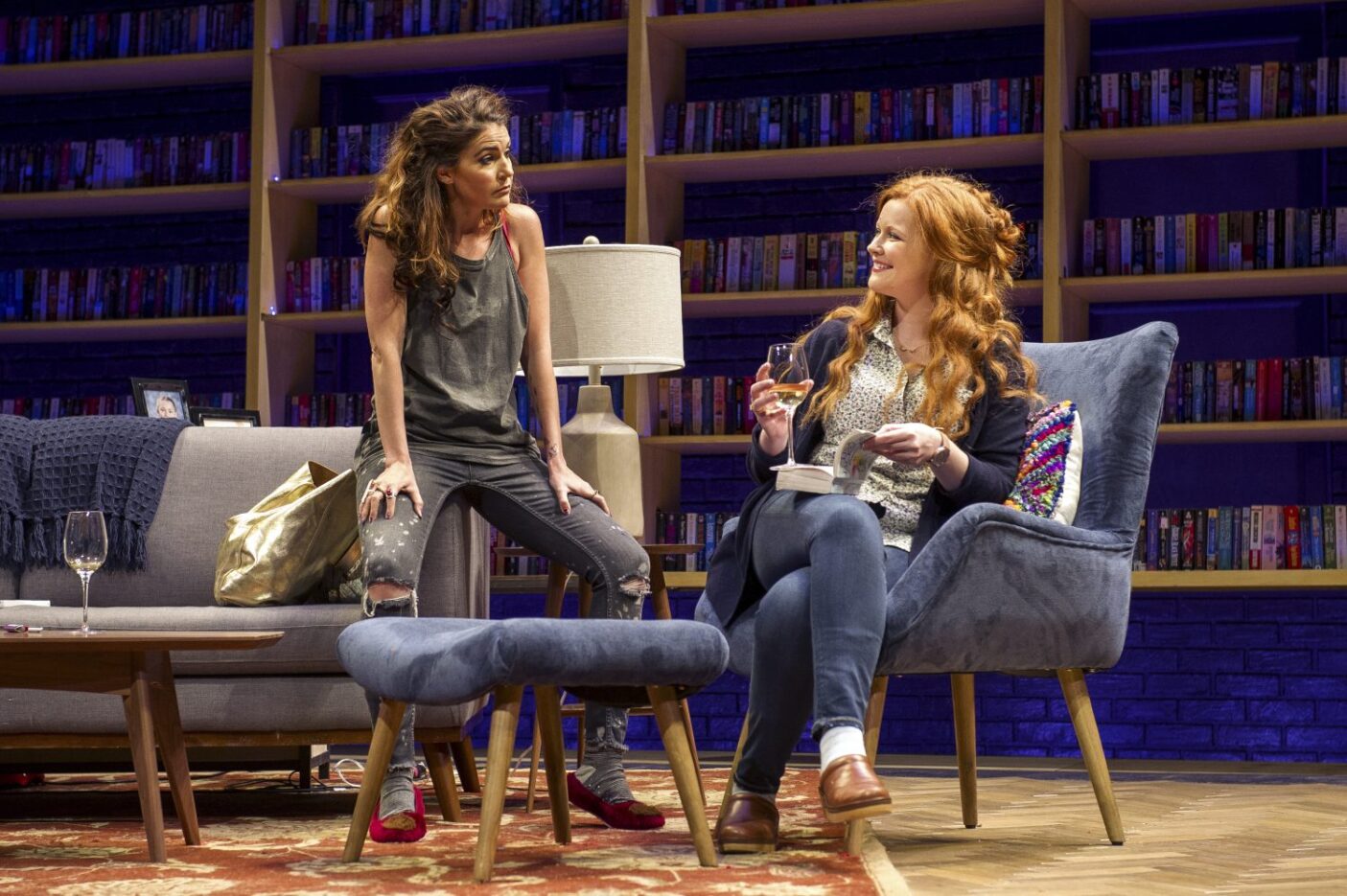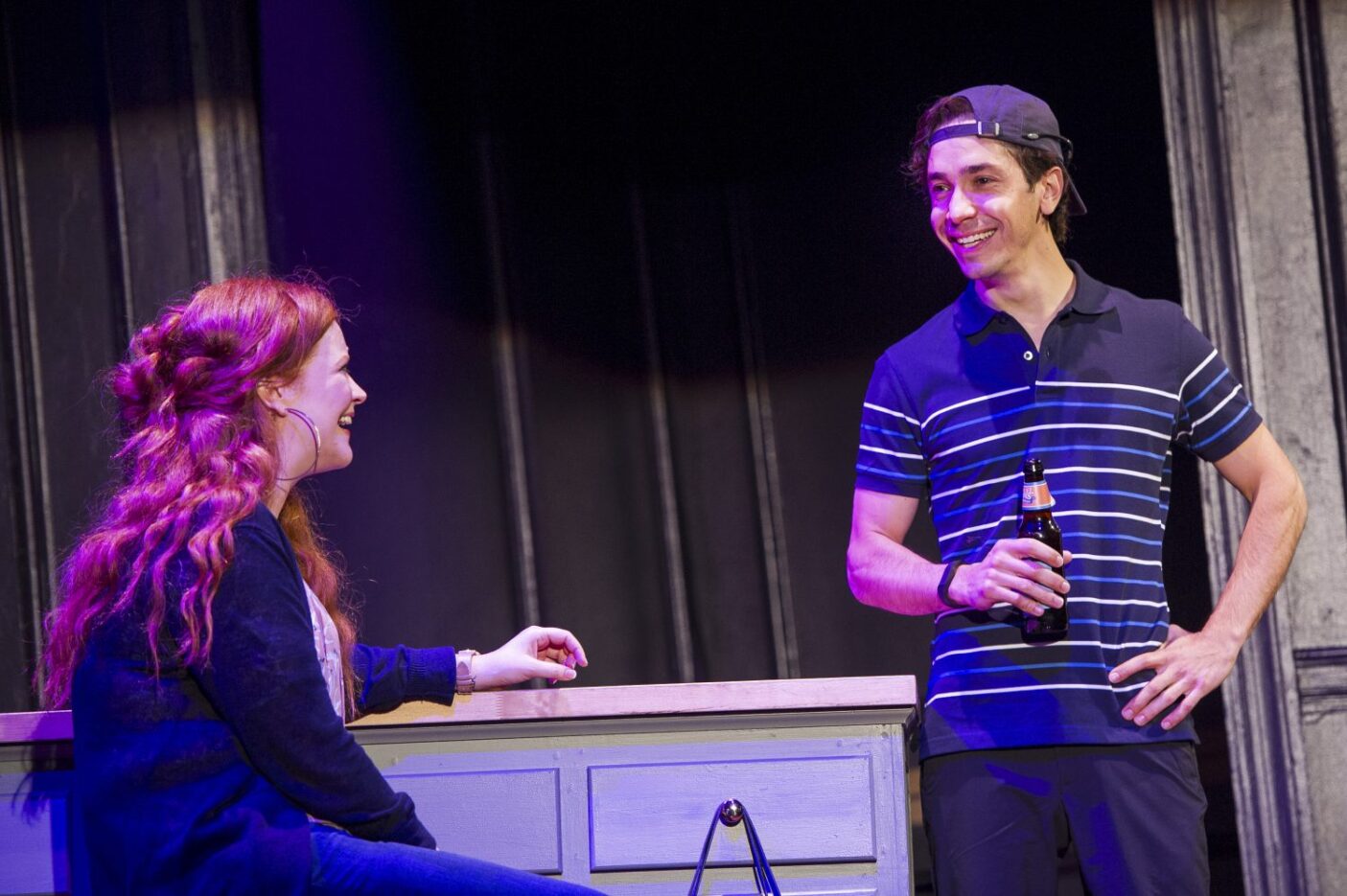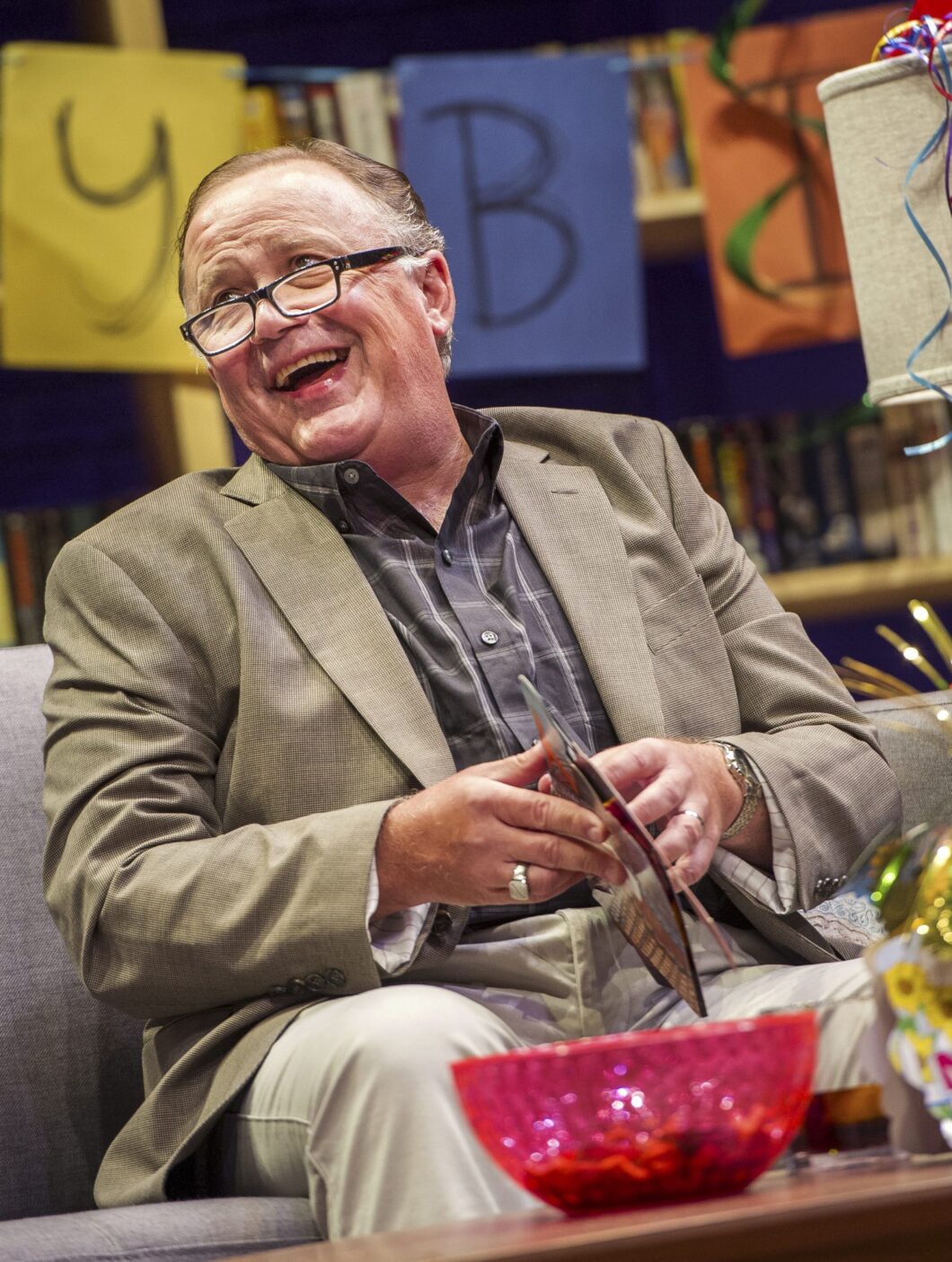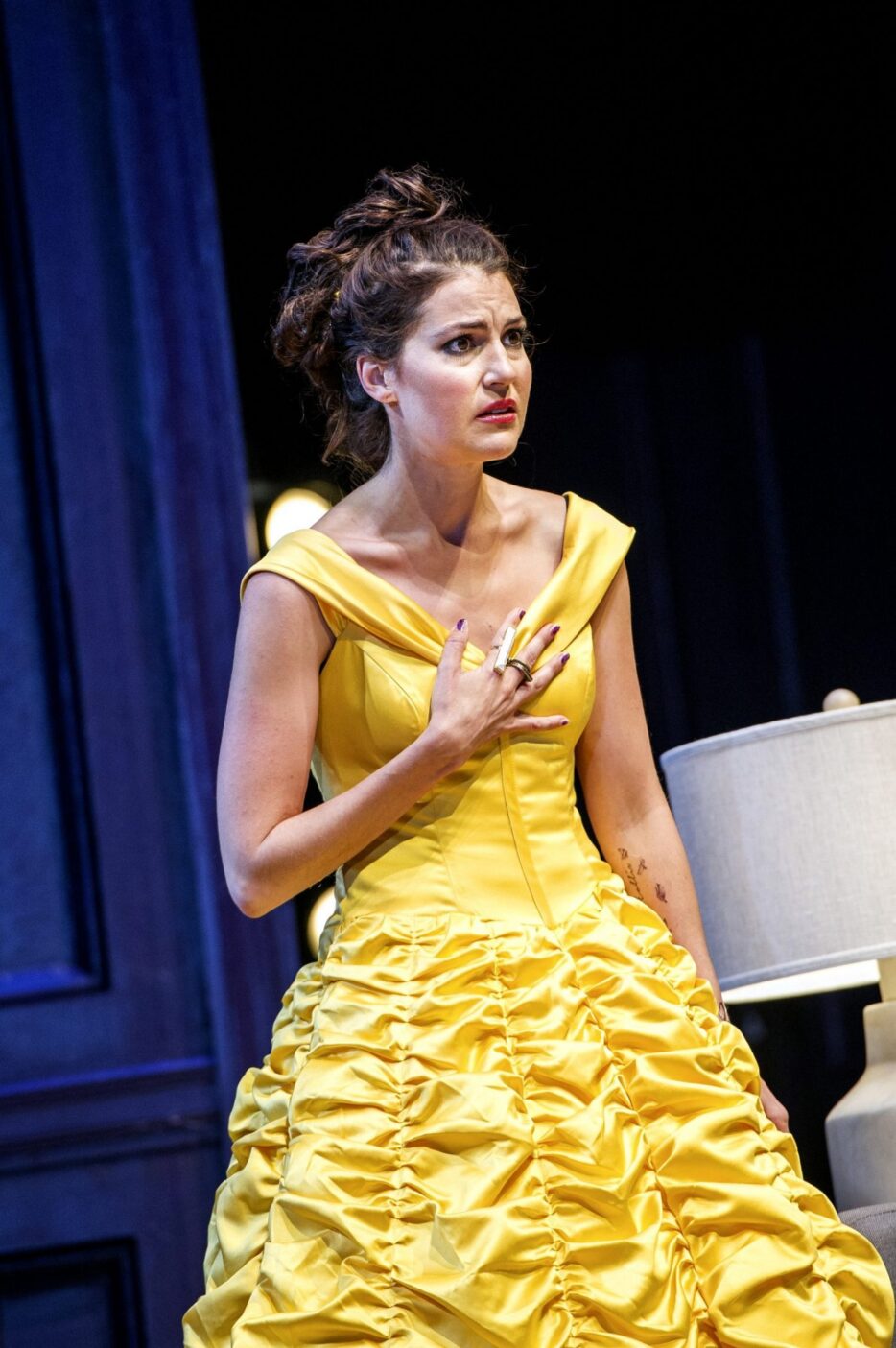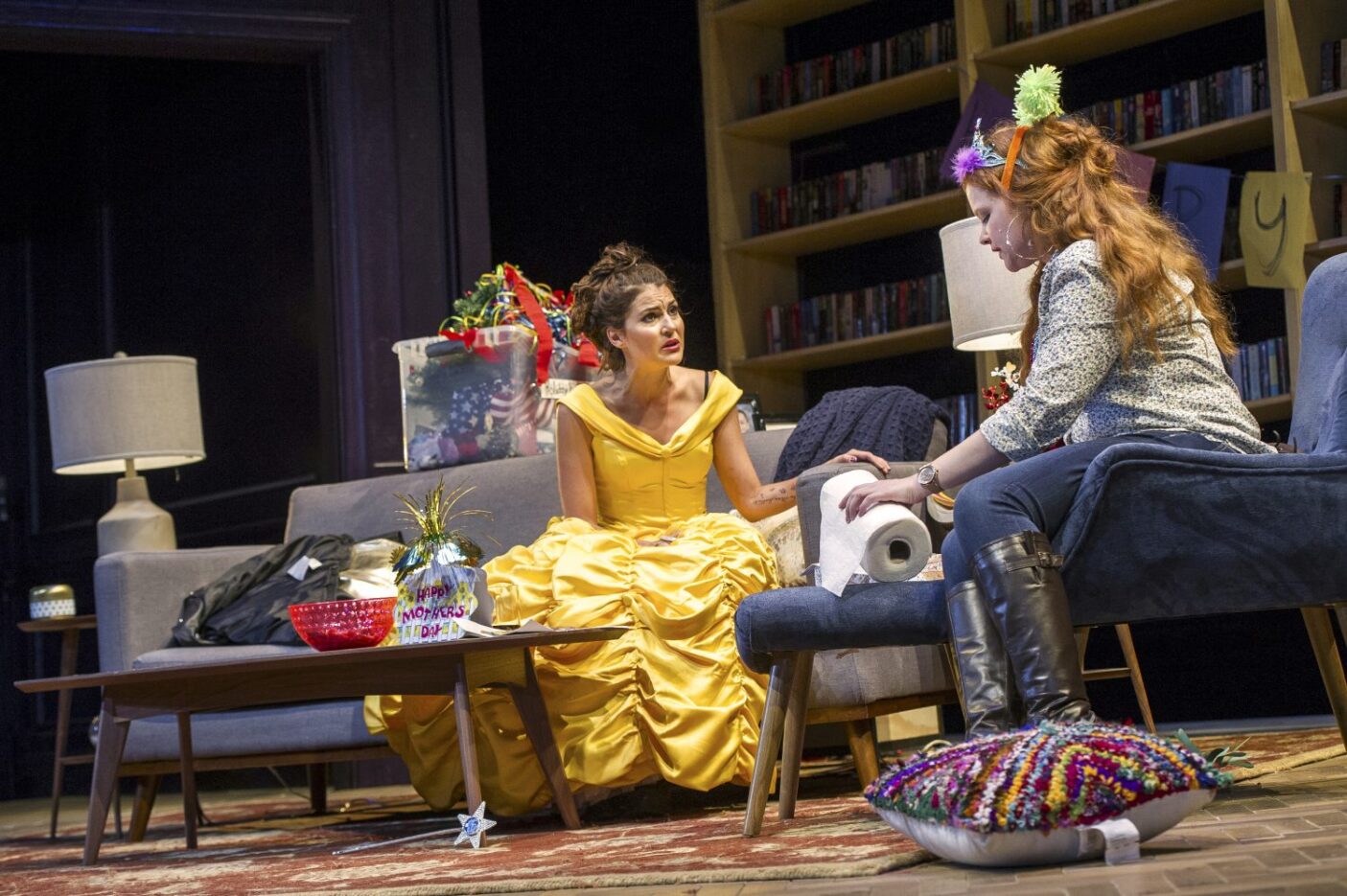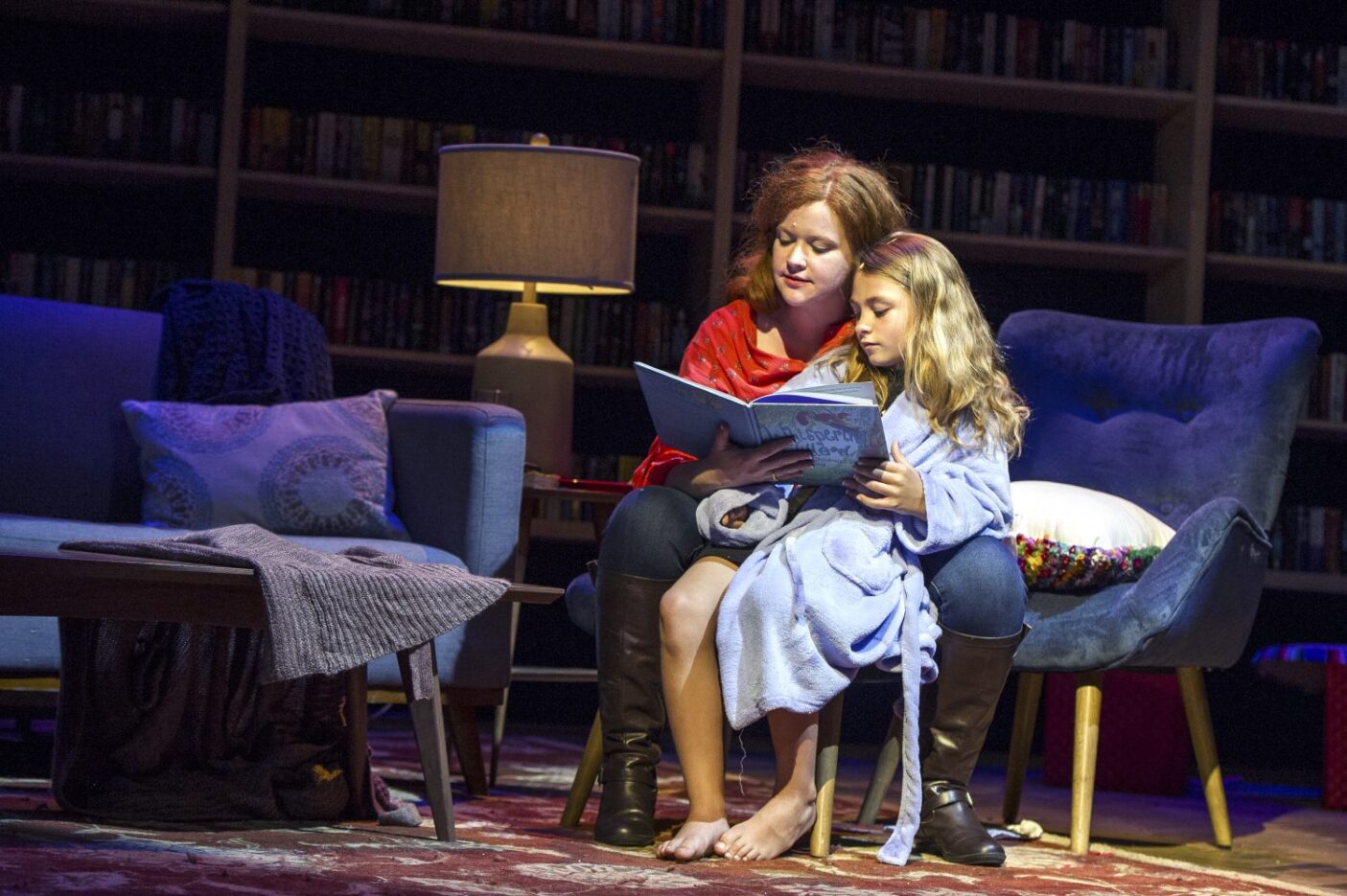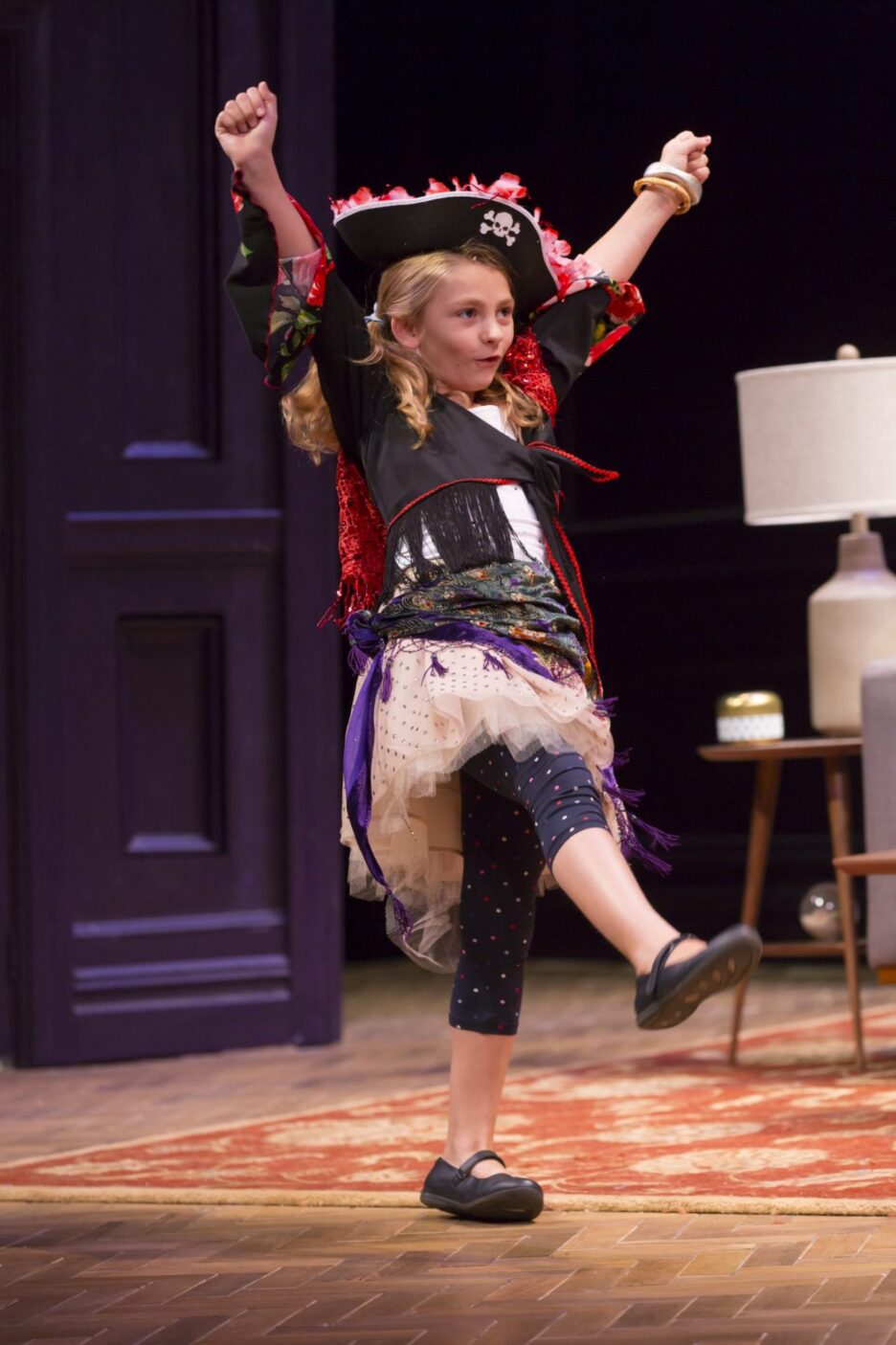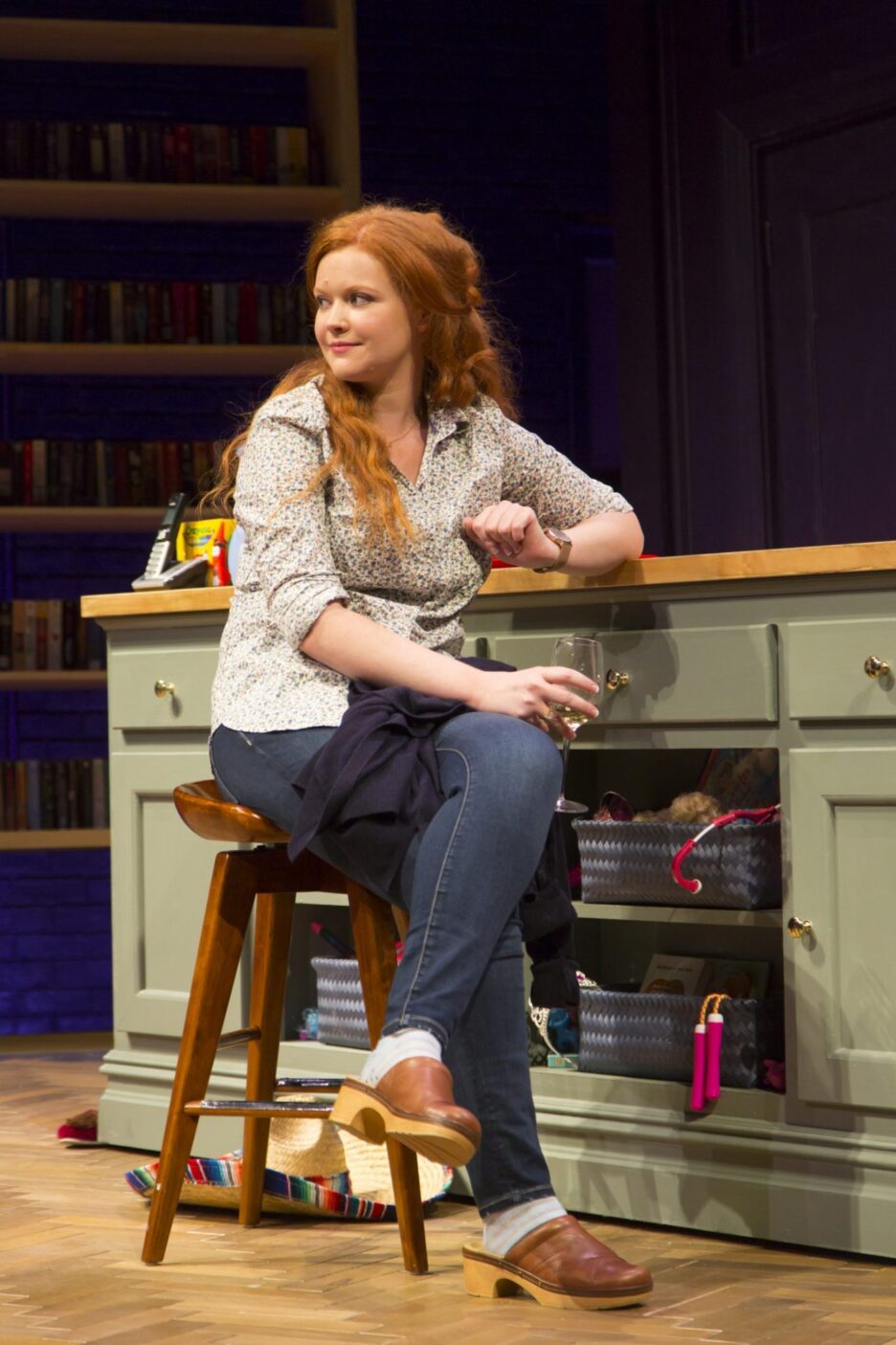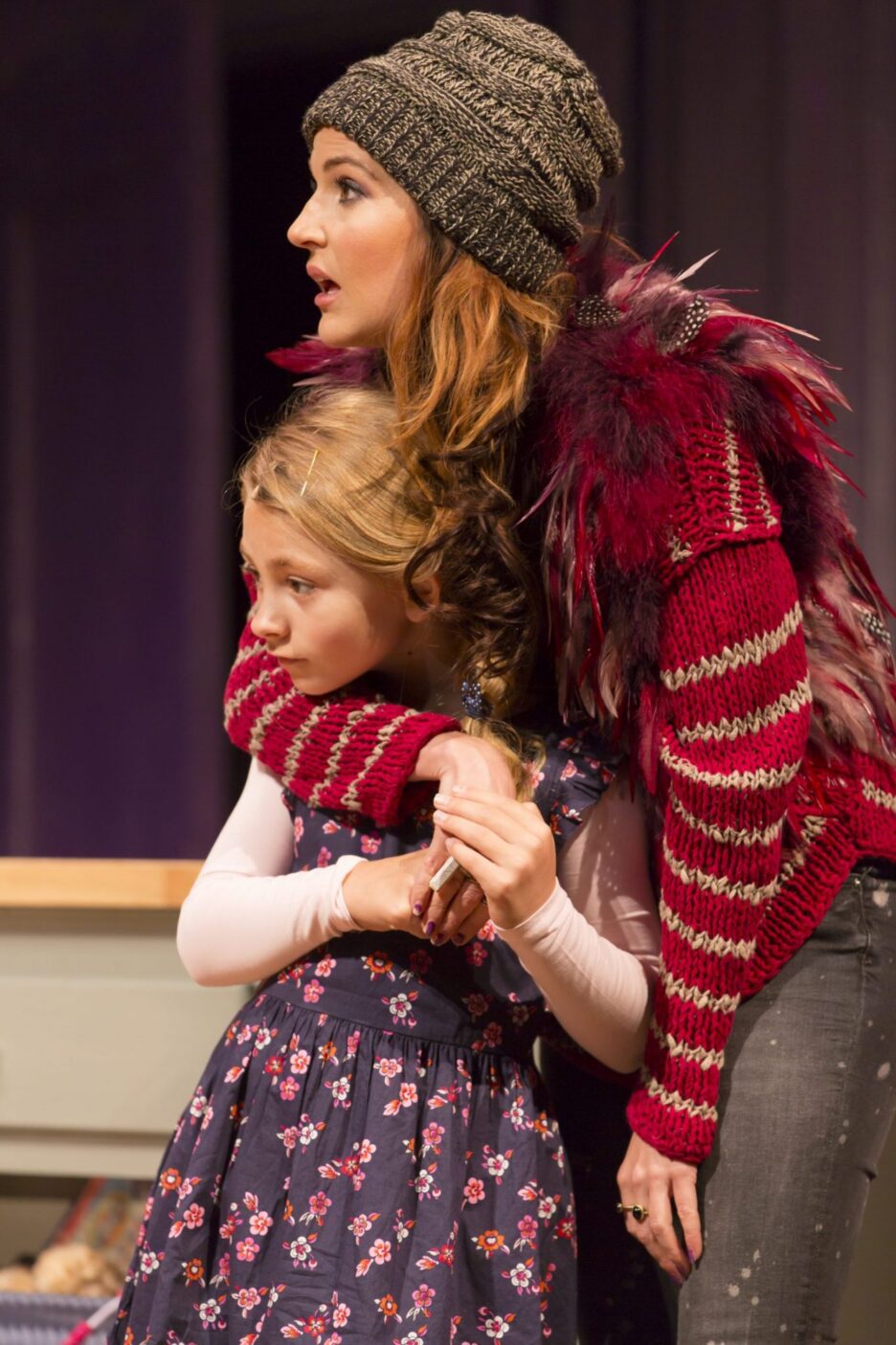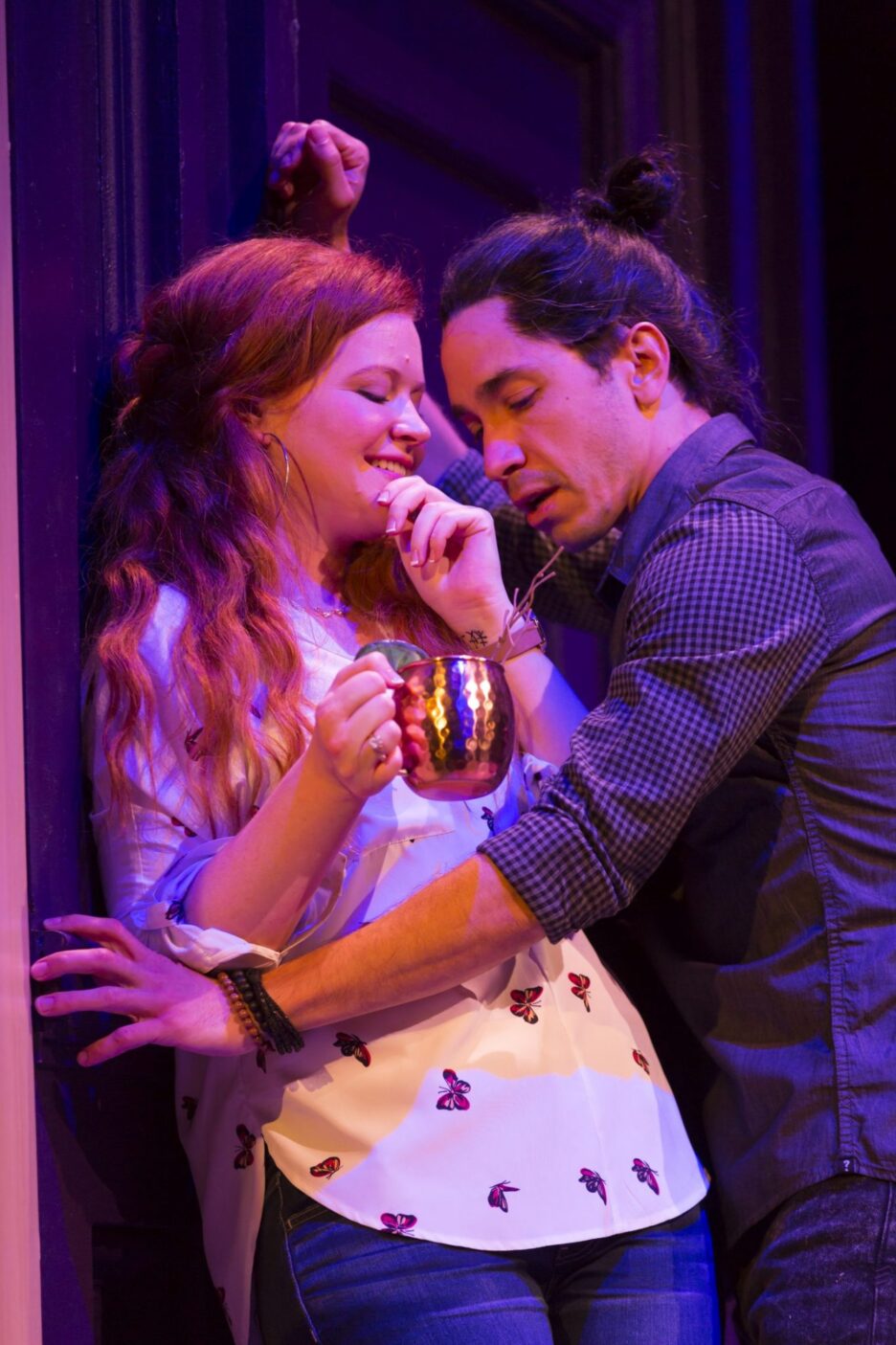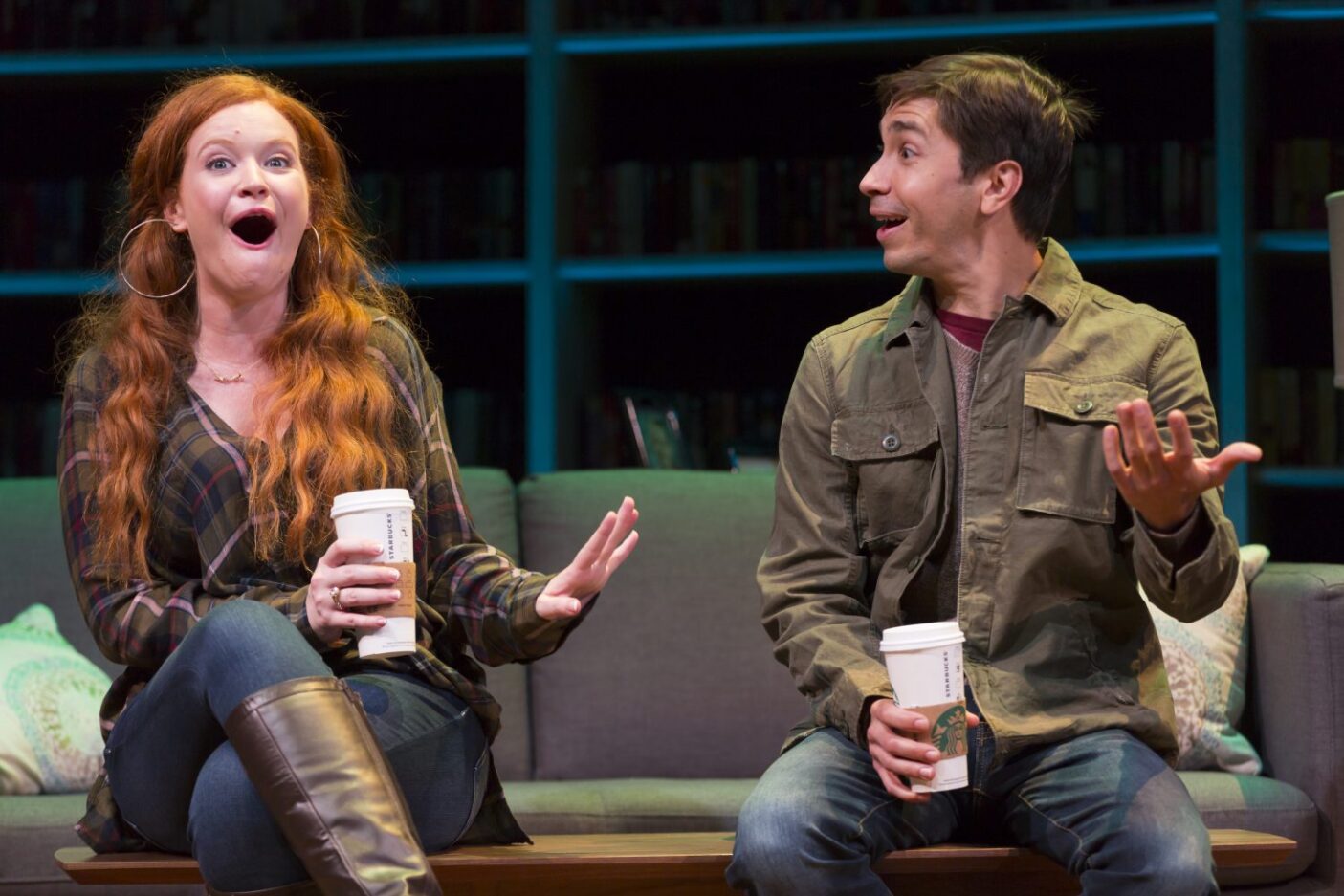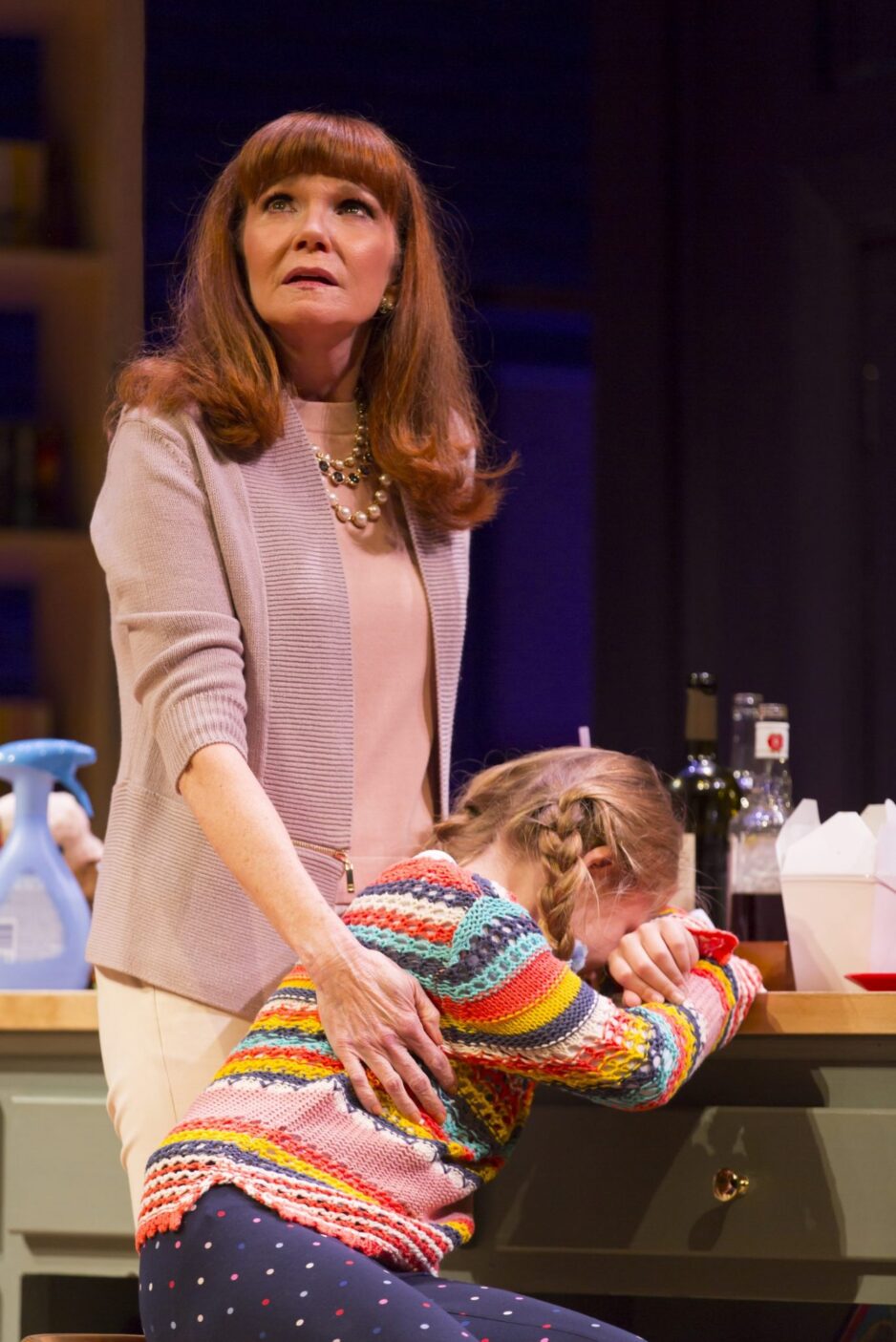By Boo Killebrew Directed by Moritz von Stuelpnagel With Justin Long, Emily Lyons, Ashley Austin Morris, Connie Ray, Andrew Weems, Mary Wiseman
World Premiere
Sisters Liz and Bernie couldn’t be more different: Liz is a good, Southern stay-at-home mom; Bernie is a flailing actress smoking and swearing her way through New York City. But when Liz is suddenly widowed, she and her young daughter move in with Bernie to start again. While Bernie challenges all of Liz’s assumptions about life, love and raising a child, Liz goes out on a series of internet dates which eclipse the grief, fear and gentility she’s known for so long. Can Liz compel her own story to end like a romance novel? Tony Award nominee Moritz von Stuelpnagel directs this new comedy by Boo Killebrew, which asks us to imagine how we might handle the curve-balls — big and small — that life throws us.
Romance Novels for Dummies runs 1 hour and 40 minutes with no intermission.
